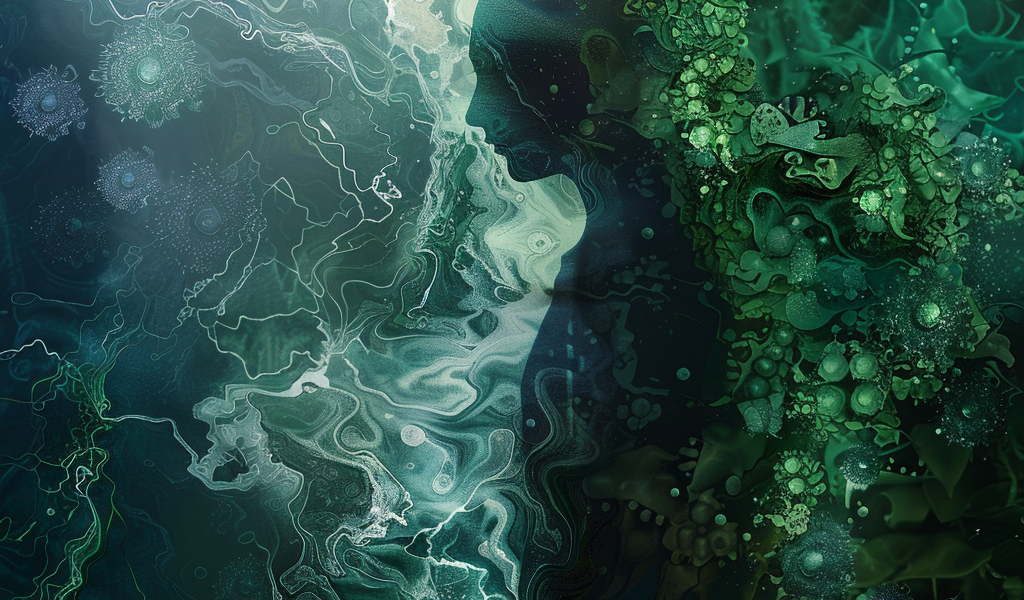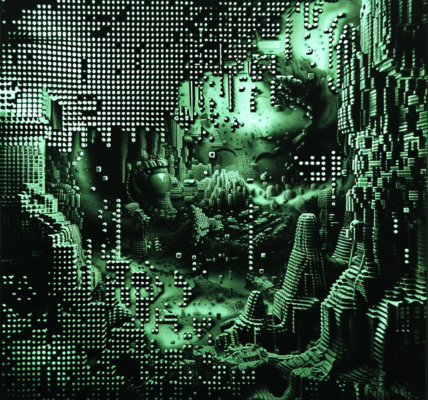In a groundbreaking revelation, scientists have identified what they describe as a ‘third state’ that exists beyond the conventional understanding of life and death. This discovery challenges the long-held binary perception of existence, suggesting that there is more to the biological narrative than previously thought.
Traditionally, death has been perceived as the definitive end of all biological functions. However, recent studies indicate that certain cells, particularly those involved in organ donation, continue to exhibit activity after the organism has died. This phenomenon raises intriguing questions about the nature of life and the processes that occur at the cellular level during and after death.
The exploration of this ‘third state’ has significant implications for various fields, including biology, biotechnology, and regenerative medicine. Researchers are delving into the cellular behaviors that persist post-mortem, which could lead to advancements in how we understand organ preservation and transplantation.
One of the key areas of focus in this research is the examination of stem cells and their regenerative properties. Stem cells are known for their ability to differentiate into various cell types, and understanding their behavior in this ‘third state’ could unlock new avenues for medical treatment and tissue engineering.
Furthermore, the implications of this discovery extend beyond medical science. Philosophical discussions surrounding the concepts of life and death may be invigorated by these findings, prompting a reevaluation of what it means to be alive. As scientists continue to investigate this phenomenon, the potential for redefining life and death could fundamentally alter our understanding of existence.
The ongoing research into this mysterious state is also shedding light on cellular resilience and the mechanisms that allow certain cells to thrive even in adverse conditions. This knowledge could be pivotal in developing new therapies for various diseases, enhancing our approach to health care and patient recovery.
As the scientific community grapples with the implications of this ‘third state,’ the conversation is expanding to include ethical considerations related to organ donation and the treatment of deceased individuals. The findings could challenge existing protocols and encourage a more nuanced understanding of how we approach life, death, and the continuum in between.
In summary, the identification of a ‘third state’ beyond life and death represents a significant advancement in scientific understanding. It opens up new possibilities for research in regenerative medicine and challenges long-standing beliefs about the finality of death. As we continue to explore this area, we may uncover even more profound insights into the nature of life itself.





